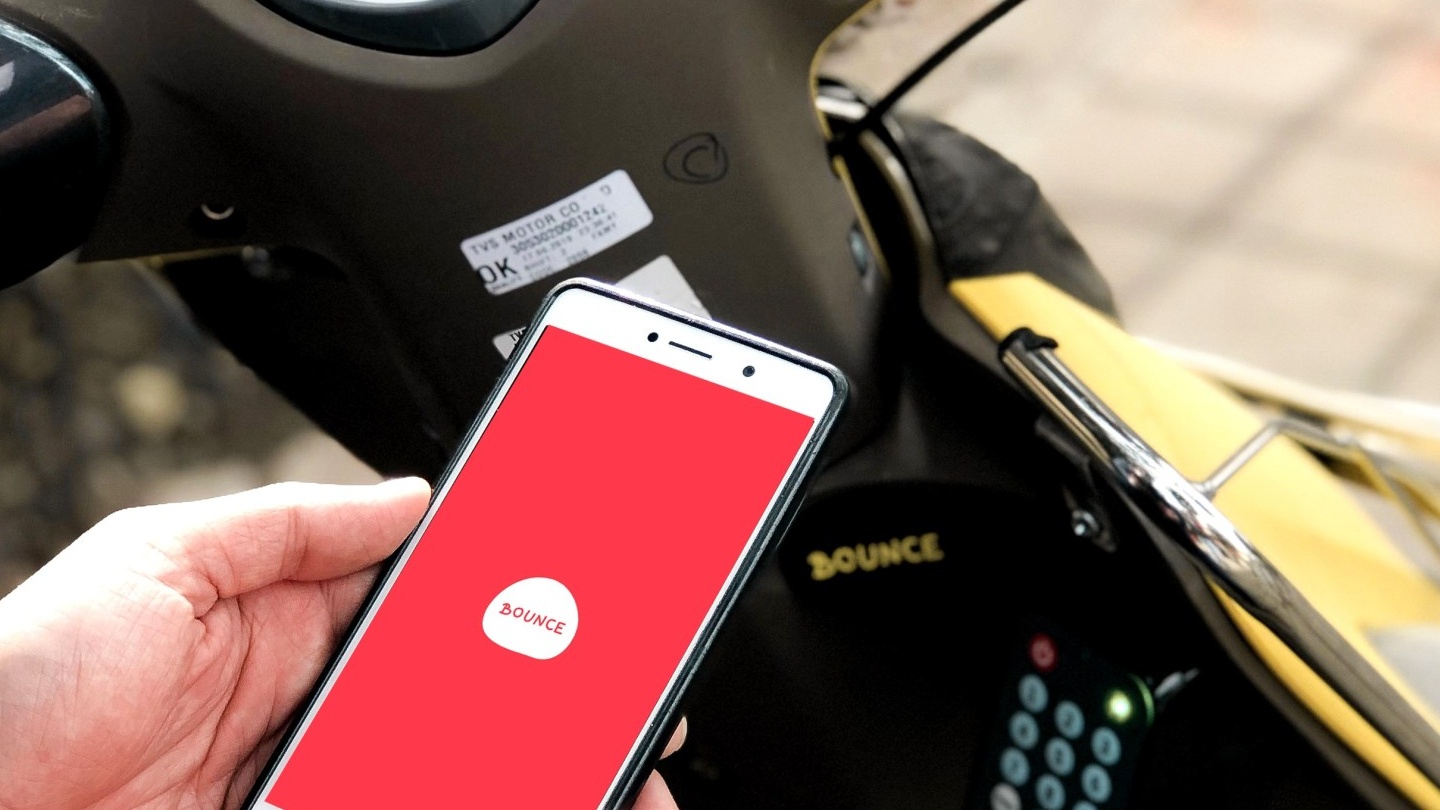Two-wheeler mobile rental cos pivot their plans
Introduce long-term rentals

Sign up for breaking news, reviews, opinion, top tech deals, and more.
You are now subscribed
Your newsletter sign-up was successful
The curbs on movement in these lockdown times has obviously hit all businesses. But it is, understandably, taking an even bigger toll on the on-demand transport companies.
In the event, it is interesting to see how some of them are trying to tweak their strategies and keep themselves relevant and still be in the market when things eventually clear up.
Take for instance, the on-demand, micro-commute companies Bounce and Vogo. The bike-sharing companies could very well have sat this lockdown period out. It would have seemed reasonable.
But they are trying earnestly and pivoting, albeit in a limited way, to keep their business interests alive.
Both Bounce and Vogo have introduced long-term rentals for the scooters --- they offer sanitized and disinfected scooters. Typically, they are for daily, weekly, and monthly rental options.
An intriguing gambit
Long-term rentals are an interesting move considering the fact that these companies had so far primarily focused on making on-demand, short-distance travel a workable business model. These startups targeted daily commuters, including office goers and people covering short distances, such as from Metro and bus stations to home.
Vivekananda Hallekere, the co-founder of Bounce, had even said that his company's red-and-yellow scooters could step in where public transport is spotty.
Sign up for breaking news, reviews, opinion, top tech deals, and more.
But with those plans now unimplementable due to the fetters on movement, these mobility firms are focusing on longer rental options and attractive pricing models for users.
"The demand for driverless solutions is expected to peak after the lockdown is lifted," Vivekananda Hallekere, CEO of Bounce has been quoted saying. “We will also see people moving from crowded public transport to self-ride scooters where the pricing is the same or lower than public transport," he added.
This is an interesting shift in strategy, albeit once forced by circumstances. These bike-rental companies would prefer circulation of their assets (bikes). More people, more rides, more revenue. That’s the usual way to make money on a depreciating asset. Long-term rentals are not meant for the on-demand model. A bike or scooter parked in one obscure place is not going to maximize its earning potential. Also, in these times of pandemic, it is debatable whether the users (individuals or companies) who take out these vehicles on long-term rentals will keep them adequately sanitized.
Forced by circumstances
But the companies are forced to take this risky route because of the exigencies of the situation they find themselves in.
Meanwhile, Bounce co-founder Vivekananda Hallekere, in an intriguing crowdsourcing gambit, has appealed to interested public to list their scooter on their (Bounce's) website so that 'Covoid warriors' can use it for whatever commute that is required in their official work.
Hey Peeps, while you’re staying at home & being a Hero, you can make your scooter also a SuperHero. List your idle bike here and help a Covid warrior in need to do his/her job.Log on to https://t.co/ALvr6bfsPw and list your scooter there for offering it free or for a charge.April 27, 2020
In a series of tweets, Vivekananda said that one can list the scooter either free or for a charge.
He made it clear that the scooter would be sanitized properly when being returned to its owner.
In response to a query, he said, "Giving it a shot. Hope is people might be open to share till lockdown. Also a lot of them are really crunched for cash, so it’s a good way to monetise their idle asset."
Rather than sit idle, these companies are at least trying something novel. It is this spirit that might see them survive this troublesome period.

Over three decades as a journalist covering current affairs, politics, sports and now technology. Former Editor of News Today, writer of humour columns across publications and a hardcore cricket and cinema enthusiast. He writes about technology trends and suggest movies and shows to watch on OTT platforms.